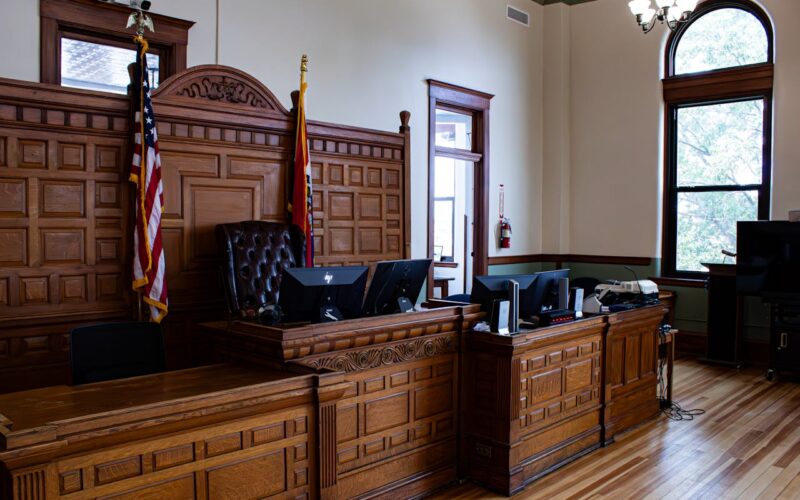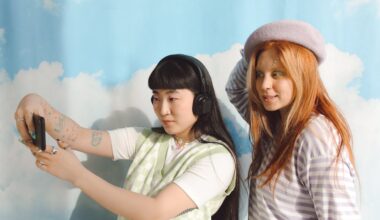Some of America’s strangest moments are hidden in its old legal codes. These ridiculous laws weren’t internet jokes, they were once enforced! Whether born from quirky local fears or attempts to control public behavior, these laws reflect a colorful, confusing, and sometimes hilarious past. From outlawing silly strings to banning off-key singing, you’ll be amazed these were once real. While most are long gone, they remind us that even lawmakers have a wild side, and a few too many slow afternoons.
1. No Ice Cream on Sundays, Georgia
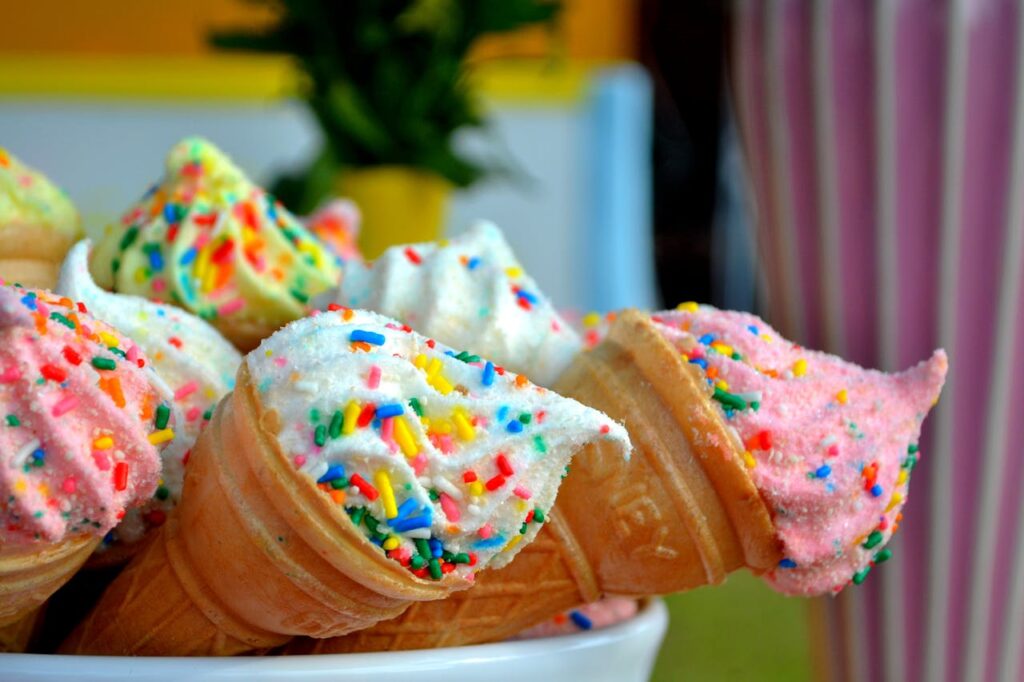
In parts of Georgia, it was once illegal to eat ice cream cones on the sidewalk on Sundays. Rooted in old blue laws meant to encourage Sunday observance, this rule targeted what seemed like harmless leisure. Enforcement wasn’t exactly widespread, but the law stayed on the books for years. Imagine getting fined just for enjoying a cone on a sunny afternoon, it’s a sweet example of how strange and controlling some moral-based laws used to be.
2. No Donkeys in Bathtubs, Arizona
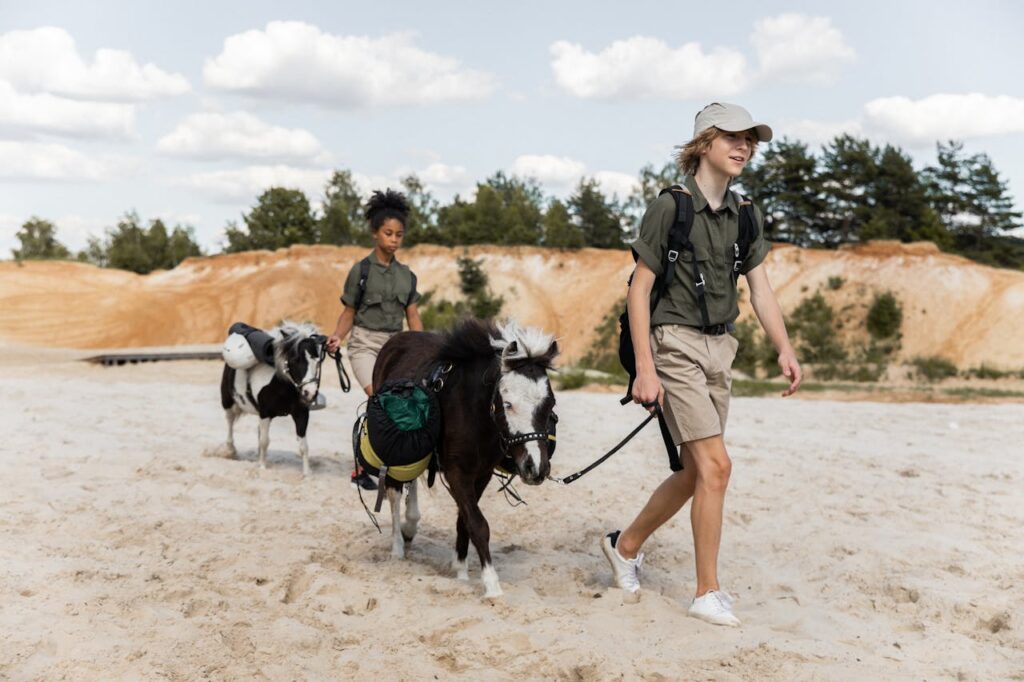
Arizona once passed a law banning donkeys from sleeping in bathtubs. The reason? In 1924, a donkey fell asleep in a bathtub, which then floated miles away during a flood, causing a major rescue effort. The ordeal led lawmakers to prevent similar donkey-in-bathtub situations from ever happening again. It sounds like a tall tale, but it’s a real law that stayed active for decades, proving how one odd event can lead to permanent legislation.
3. Whistling Underwater, Vermont
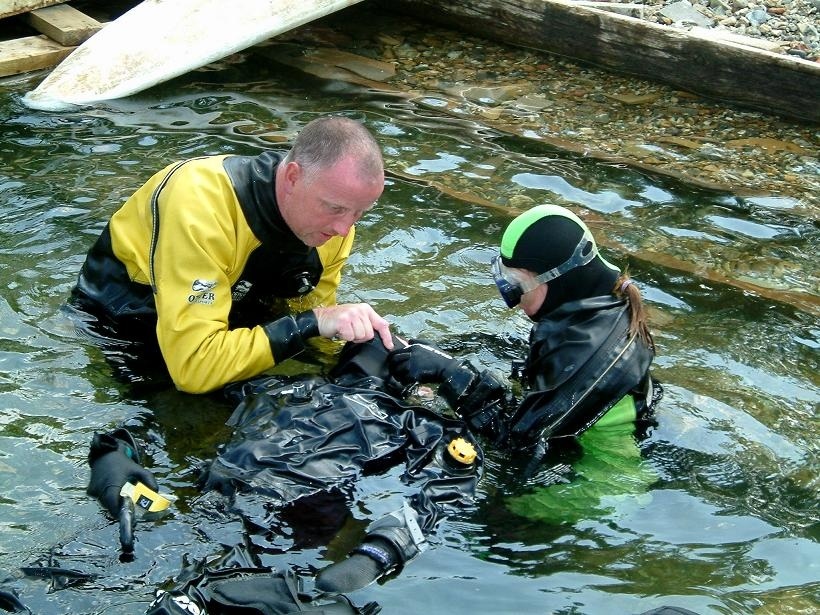
Vermont once had a law that made it illegal to whistle underwater. How anyone could actually manage such a feat, let alone get caught doing it, is unclear. This bizarre statute likely had more to do with maintaining order than aquatic musical talent. While not enforced in modern times, the rule remains one of those curious legal relics that make you wonder what lawmakers were thinking, or if they were just having some fun.
4. No Silly String on Halloween, Hollywood
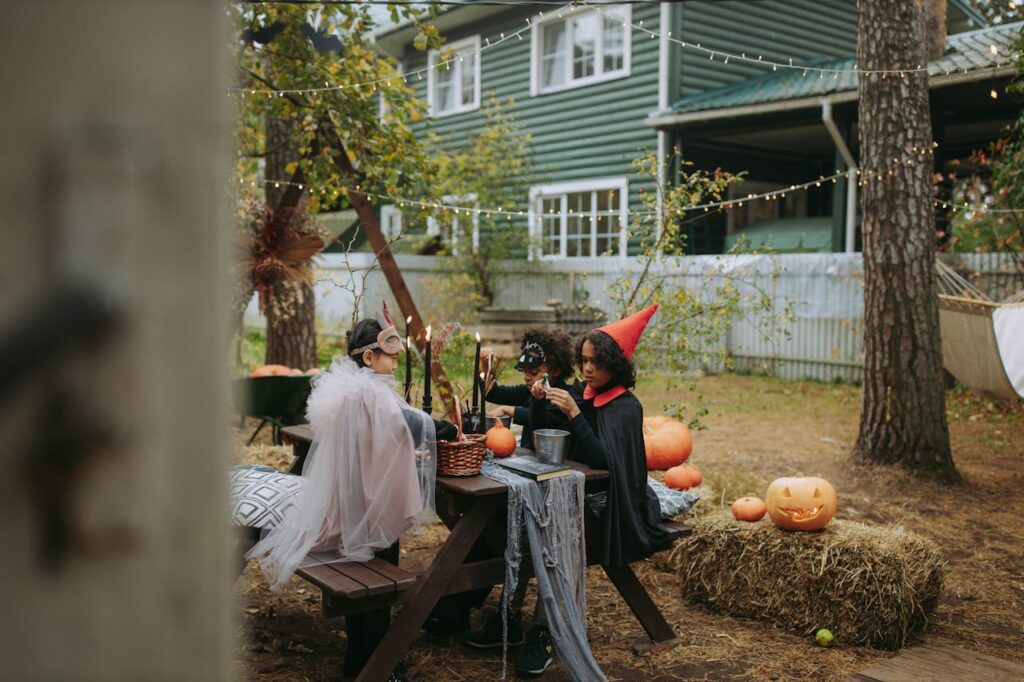
In Hollywood, California, using Silly String on Halloween was illegal from 12:00 a.m. October 31 to noon on November 1. The rule came with a hefty fine of up to $1,000. Officials implemented it to combat vandalism and street messes caused by Halloween revelers. Though it sounds ridiculous, the law was taken seriously, especially in tourist-heavy areas. A prank war deterrent turned into an odd but enforceable holiday restriction.
5. Bingo Limits, North Carolina
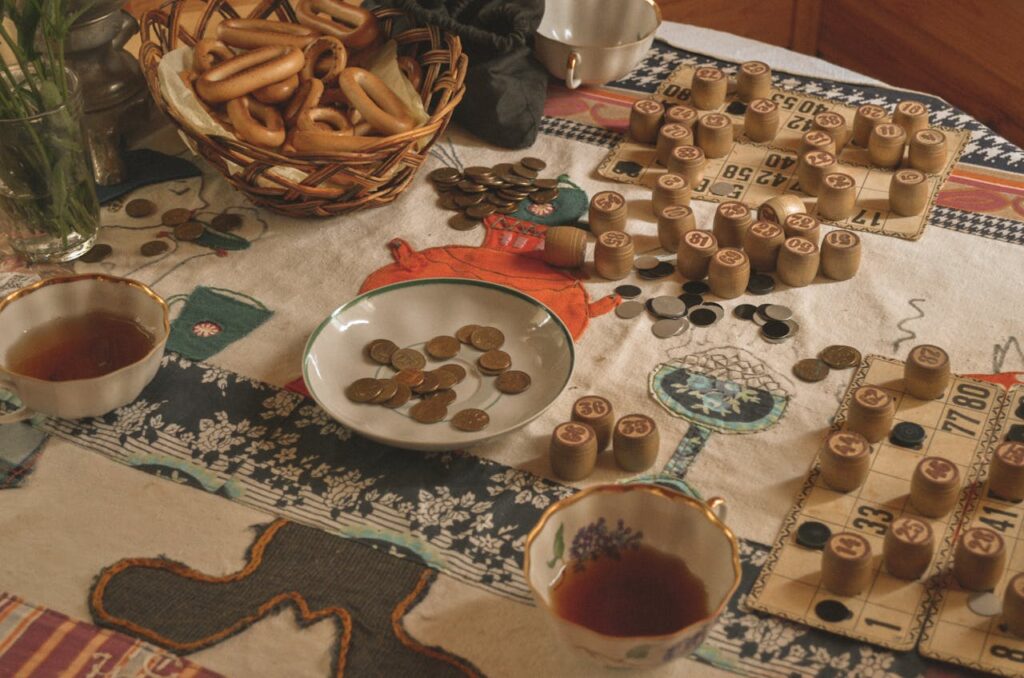
North Carolina had a strict rule: bingo games could only be played twice a week. Any more, and it was considered illegal gambling. Intended to limit betting activity at senior centers and churches, the law reflected concern about gambling addiction, even with small stakes like bingo cards. It may seem like a harmless pastime, but too much bingo was apparently seen as a threat to public morals and order.
6. No Fake Mustaches in Church, Alabama
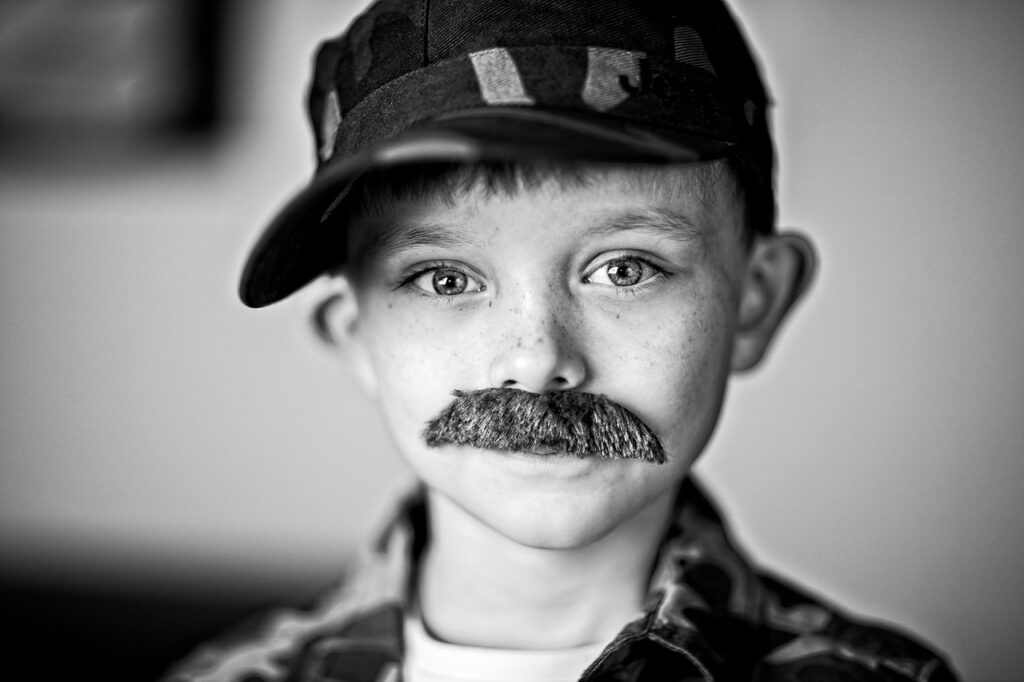
Alabama once outlawed wearing fake mustaches in church if they might cause laughter. Yes, you could technically be fined or arrested for comic facial hair that disrupted a sermon. This law aimed to preserve solemnity during worship, but it’s hard not to laugh at the idea. It’s a quirky example of laws trying to enforce seriousness in sacred spaces, no mustache mischief allowed, especially on Sundays.
7. No Greasing Pigs, Minnesota
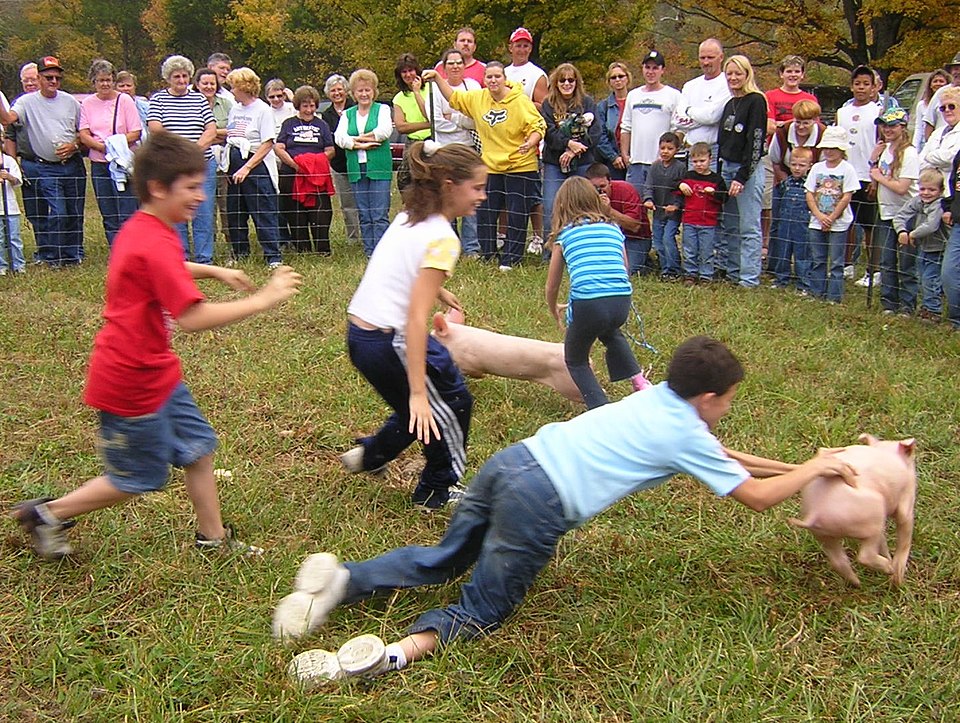
Minnesota banned greased pig contests, once common at local fairs. These games involved chasing pigs covered in slippery substances, usually for laughs. Lawmakers eventually called it animal cruelty and outlawed the practice statewide. While many saw it as tradition, the ban reflected growing concern over how animals were treated for entertainment. Today, it’s remembered more as a goofy rural pastime than an actual outlawed offense.
8. Pickles Must Bounce, Connecticut
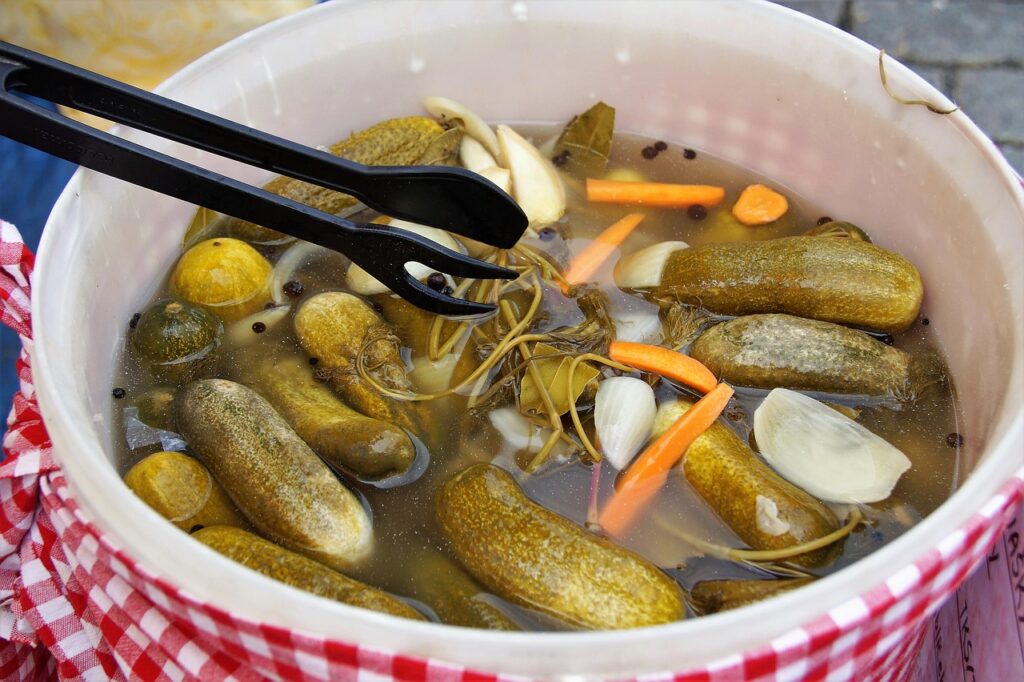
Connecticut officials once declared that for a pickle to be legally sold, it had to bounce. This bizarre standard came after a seller was caught selling spoiled pickles. The bounce test was used to prove freshness, if it didn’t bounce, it wasn’t considered safe or real. Strange as it sounds, the law helped protect consumers from shady food practices. It’s a funny, but real, moment in early food safety regulation.
9. Singing Off-Key, North Carolina

At one point, North Carolina considered it illegal to sing off-key in public. While probably not enforced, the law was part of broader rules designed to discourage “disorderly conduct” in public areas. Imagine being arrested just for a bad karaoke performance! Though meant to promote civility, it clearly missed the note when it came to freedom of expression. Fortunately, no tone-deaf arrests were ever recorded.
10. Honking After 9 PM, Arkansas

In Little Rock, Arkansas, a law banned honking your car horn near sandwich shops after 9 p.m. Meant to reduce noise complaints, especially in residential areas, the oddly specific rule shows how lawmakers once micromanaged daily life. If you had a late-night craving and tried to get someone’s attention, too bad. You had to wait quietly or risk a fine. It’s a clear case of trying to legislate peace, one honk at a time.
